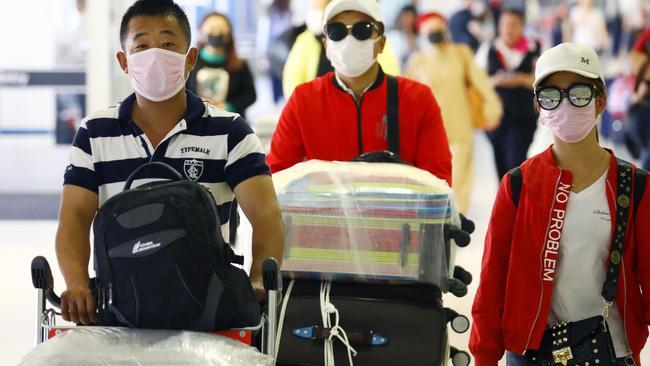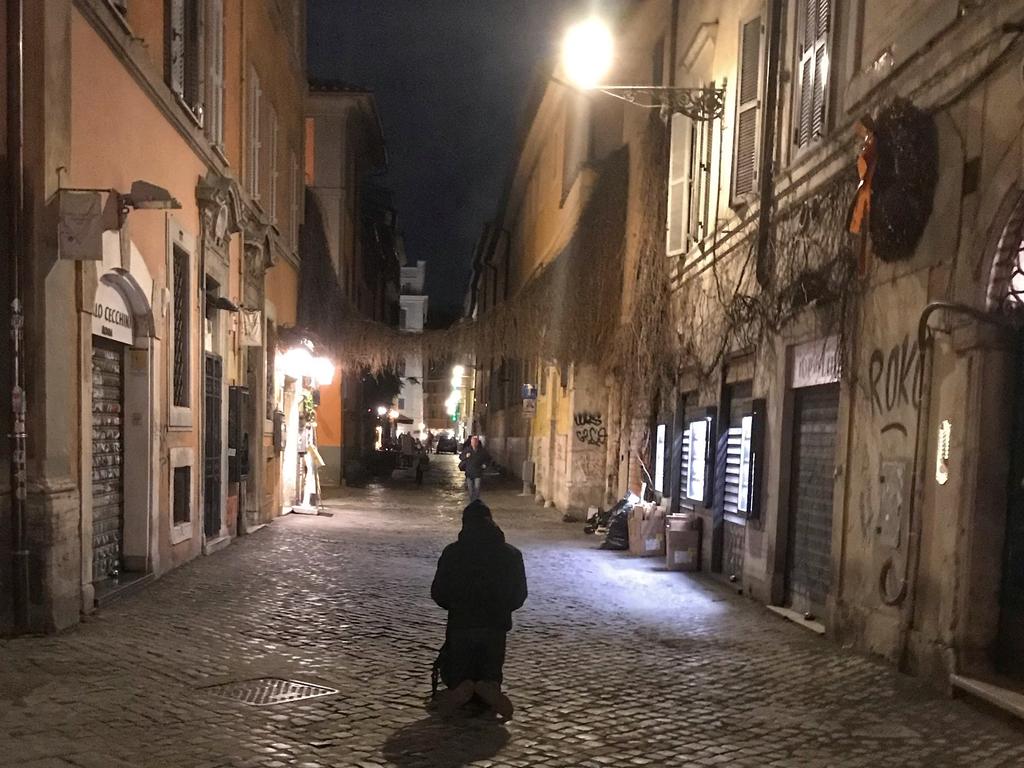
We are witnessing first hand how damaging a slow response can be when it comes to this virus as information from Italy comes in. Don’t forget how slow the government was to put a travel ban on people arriving from Italy, even though it has emerged as the nation suffering the most from the coronavirus crisis. That was a clear mistake.
Today the stimulus package was announced, and not a moment too soon. We know conservative governments can be slow to move when splashing taxpayers’ cash, for fear of doing so wastefully. That can be a virtue, but when the money is urgently needed it becomes a vice.
Only time will tell which scenario is the case here.
Yes, shutting the borders, banning major events and forcing people to socially distance themselves from each other is drastic. But as we bear witness to how easily this virus spreads, and how dangerous it can be, especially for the elderly, do we have any other choice?
What is the conservative and prudent thing to do? I would argue it is absolutely to take advantage of our island status and do everything humanly possible to limited the spread of the virus. Think about the numbers when forming your own view:
- We know somewhere between 1-3 per cent of people infected with COVID-19 die. We know that experts are worried it could infect between one fifth and four fifths of the population without containment. We also know that the health system will collapse if the uplift in people suffering from the virus is too rapid.
- Do the maths. For every 100 people who get the virus, on average between 1-3 will die. If a million people get it therefore, between 10,000 and 30,000 people will die from it - to say nothing of the many more who will need acute care to overcome it.
No, we don’t want to panic. But there is a large gulf between panic and complacency. I would argue that given the risks we are talking about, not going into lockdown to try and stop the virus spreading is the most dangerous and complacent thing any government can do.
In Italy, hospitals are using triage when treating too many people needing help. What does that mean? It means they are needing to make choices between who to treat and try and save, and who to leave to die. That might sound dramatic, but it is also true. That is what happens when there aren’t enough resources to go around. If there aren’t enough machines, drugs, beds, tubes, you name it, doctors (if there are enough to go around) need to make difficult choices - like in war time.
Yes like in war time.
Given that Australia has the capacity to shut down borders in a way non-island nations struggle to do, we should, to save our elderly and to preserve our chances of dealing with the health crisis. Yes, doing so will cause more significant economic pain. Undoubtedly. Certainly in the short term. But if we don’t, then in the long term higher infection rates will cause even more pain - health-wise and economically.
The evidence overseas is that nations which have taken the action I’m describing have done markedly better than Italy, and we have advantages many such nations do not.
There are no good choices in a situation like this. But there are bad choices - and slowness to act is the worst of the lot. It is no time to panic, but it is time to seriously look at shutting down borders, cancelling public events, forcing social distancing on people, and putting the country into lock down in a bid to contain a virus that might otherwise spread out of control.
The economy will bounce back from such drastic action. I have far less confidence in the health system coping with tens of thousands of Australians being infected all at once. Much less if those numbers rise into the millions.
Peter van Onselen is Political Editor for Network 10 and professor of politics and public policy at the University of Western Australia and Griffith University








Why hasn’t the government moved to close our borders and impose social distancing rules? They had better have information the rest of us don’t to justify the inaction, because from where I stand it’s hard to understand.